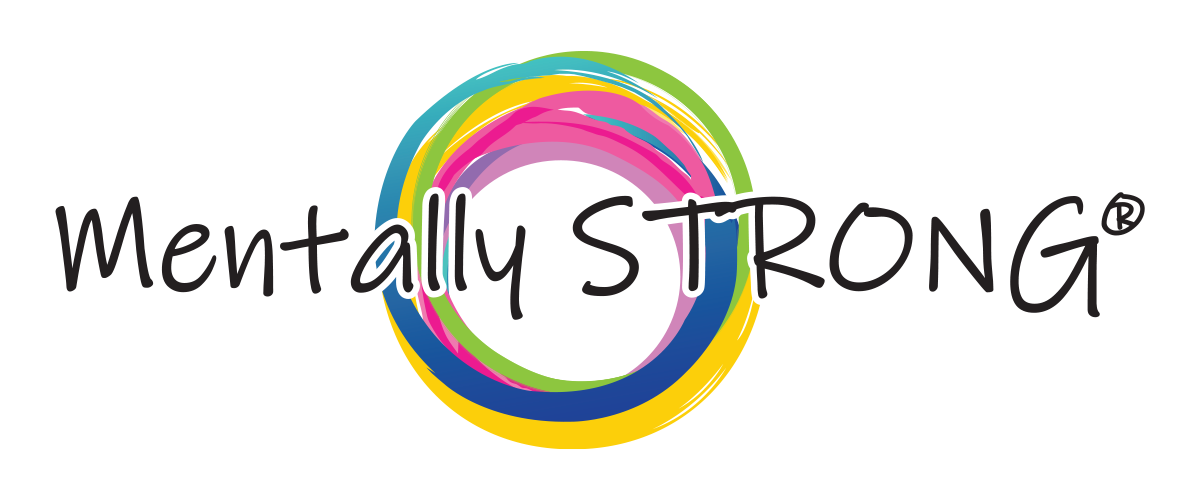By Tatiana Rainey —
Around 44 million Americans have a mental illness. That means if you’re not living with one, you know at least one person who is. Mental illness can be confusing, intimidating, and even debilitating; trying to make sense of it isn’t always the easiest, so imagine how hard it is to understand for someone not experiencing it. Maybe you just received your diagnosis and are struggling with how to talk about your mental health to your support system. Coming from someone with my own extensive mental health obstacles, I hope to provide you with some guidance to start those tough conversations you’re preparing yourself for.
First thing first- be open, transparent, and honest with your loved ones and your needs from them. They love and care about you and will be willing to talk about your mental health. They most likely want to understand your diagnosis so they can be prepared to support you in the best way they can. Look up facts about your diagnosis and share them with your family & friends to shed light on how many people are truly affected. Remember that you’re in control of how much you share, so stay in your comfort zone, and, of course, remember that it’s okay to be emotional when discussing it.
Mental illness in adolescents and young adults is on the rise, which is why it is so important for our young people to have people to talk about mental health with. If you’re at this critical age, you need a stable support system while you learn to live with and manage your mental health diagnosis. Do your best to communicate your needs and expectations for support. Let people in if it’s safe and healthy. Put yourself in their shoes and vice versa to gain perspective on your needs during this time. Being diagnosed with something like Major Depressive Disorder (MDD), Post-traumatic Stress Disorder (PTSD), Panic Disorder, and Schizophrenia is just as severe as receiving a diagnosis like cancer, so don’t invalidate yourself or your symptoms. Do your research and encourage your support system to do their own research. The more we talk about mental health and the better educated we are about our struggles, the better we know how to manage and regulate our symptoms.
Prepare yourself that there may be some disappointments in your loved ones’ responses and reactions when you open up and talk about mental health with them. Know now that they may be (unintentionally) judging, which usually comes from a place of not understanding. Do your best NOT to internalize their judgments. They may not understand and may seek clarity. Do your best to elaborate, but don’t take on their confusion/misunderstanding. Stay aware and cautious of when it may be time to end the conversation for the time being to protect your energy and positive communication. You can always talk about your mental health at a later time when emotions aren’t as strong. If you’re choosing to manage your mental illness symptoms with medications- do your research: learn possible side effects, purpose/how meds can be expected to affect you, etc. Again, prepare yourself that people have strong opinions in regard to medications, especially surrounding mental health. When you talk about your mental health, respectfully listen to your family’s concerns/opinions, but remember and remind them that, ultimately, it’s your decision. Don’t allow their potential difference in opinion to sway you into getting off meds. YOU have to live, cope and struggle with your diagnosis-don’t live miserable off meds just because your friends disagree. There’s NOTHING wrong with managing your symptoms with or without medications. That’s a stigma we need to change so people can stop suffering to appease those around them.
Lastly and most importantly, acknowledge that this, too, is a journey and not always an easy one- allow yourself grace (undeserved kindness). Create a personal vision/goal regarding your diagnosis, and you will get a choice on how you’re going to proceed. Sometimes, you’re dealt a terrible hand, but how are you going to play your cards? The same goes for your life post-diagnosis. You have the power of choice to move forward. Don’t allow your diagnosis to be paralyzing or defeating, even though I know it’s overwhelming at times. Show yourself love and care regarding your illness so others can do the same. When you talk about mental health, know that it’s 100% okay to create and set healthy boundaries with your loved ones as you process and adjust to your life with new challenges. Sometimes, our support system can unintentionally provide us with “toxic positivity” rather than hope and validation. They might say something like, “It will all be okay!” On the surface, this statement seems harmless and encouraging. However, saying something instead, like, “I understand why it doesn’t feel okay right now, and I am here for you,” offers compassion and validation to the struggling individual. Despite struggling to cope and adjust to this change, find the empowerment in realizing this is part of your story, and if you can make sense of it all and become comfortable and confident, sharing your story may help others early in their mental health diagnosis journey. Let this motivate you, and find the power in living with mental illness. You’re a survivor, and you are Mentally STRONG.
Interested in learning more? Register for our Mentally STRONGer Course and learn the Mentally STRONG Method for yourself!

